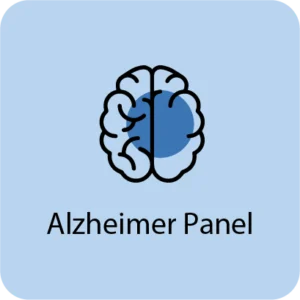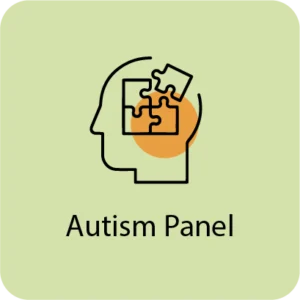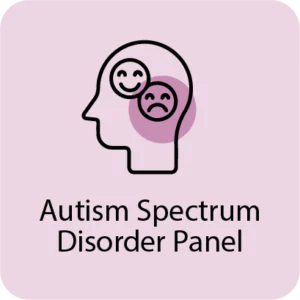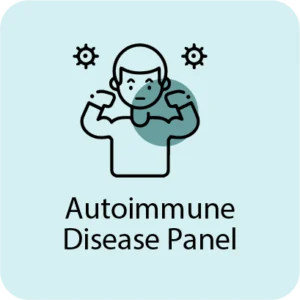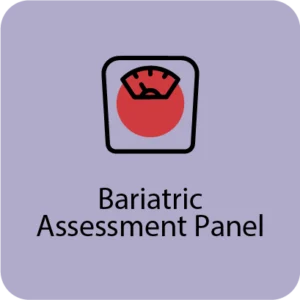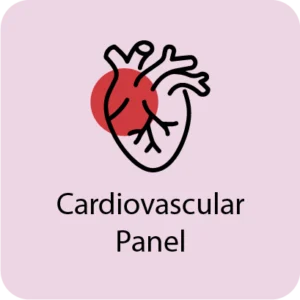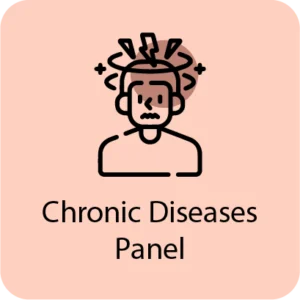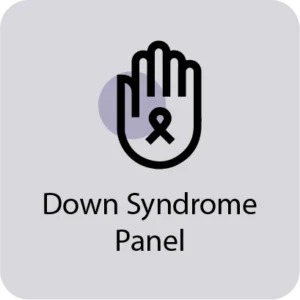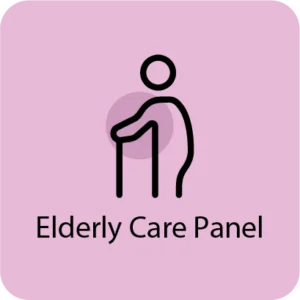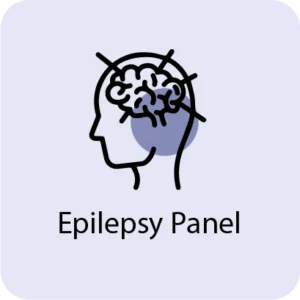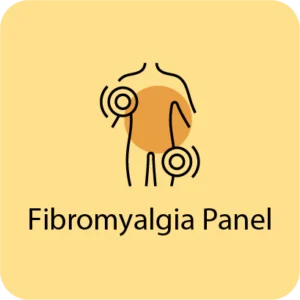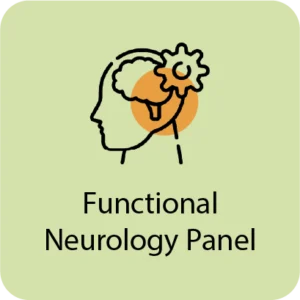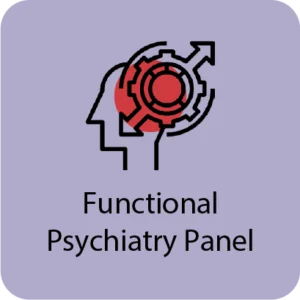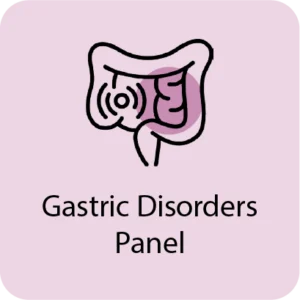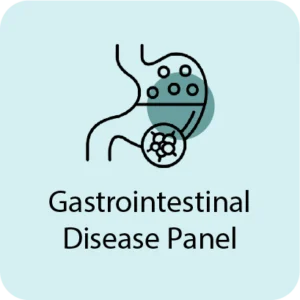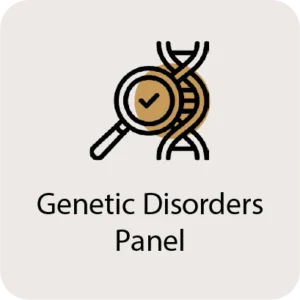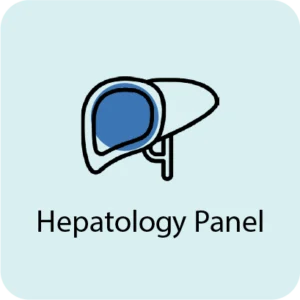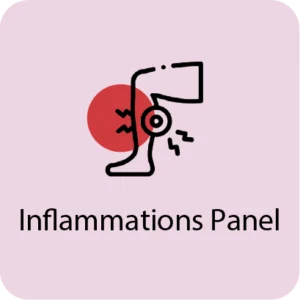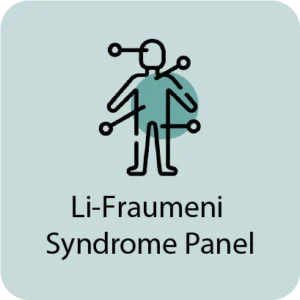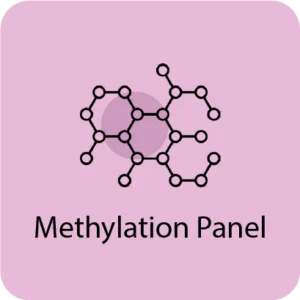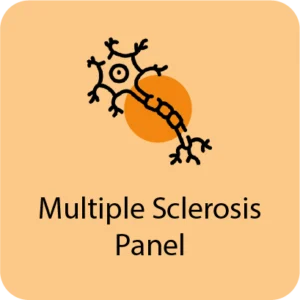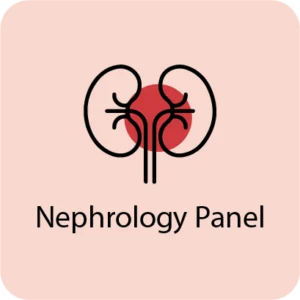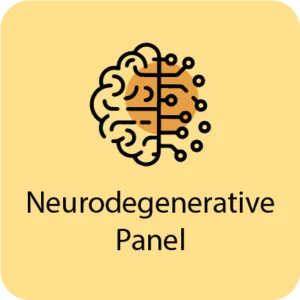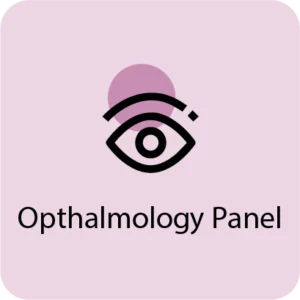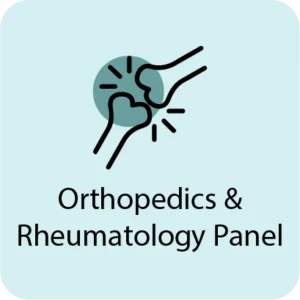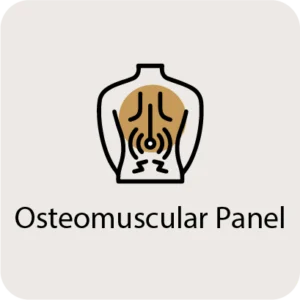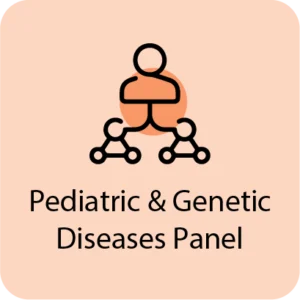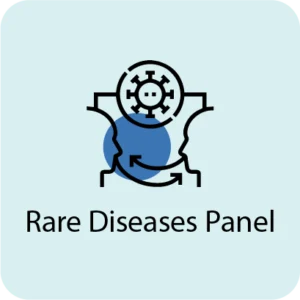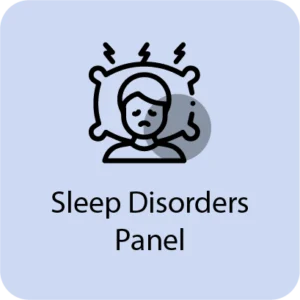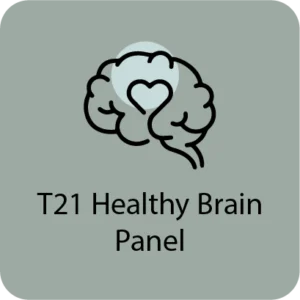Alzheimer Panel
Alzheimer’s disease is a progressive neurological disorder. This condition primarily affects older adults. The issue gradually impairs memory, cognition, and daily functioning. As a leading cause of dementia worldwide, this issue poses significant challenges for individuals diagnosed with the condition, as well as their families and caregivers. Further, we aim to provide a comprehensive overview of Alzheimer’s disease, including its symptoms, causes, diagnosis, and available treatments.
Symptoms of Alzheimer’s Disease:
- Memory Loss: One of the hallmark symptoms of this condition is the gradual decline in memory, particularly concerning some of the recent memories. Individuals might also have issues remembering some of the new information, events, or conversations.
- Cognitive Impairment: Alzheimer’s progressively affects those cognitive abilities. This in all leads to issues in reasoning, problem-solving, decision-making, and judgment.
- Language and Communication Issues: Individuals with Alzheimer’s shall all experience issues in finding the right words. It also follows conversations or understanding of written or spoken language.
- Changes in Mood and Behavior: A condition like this can lead to mood swings, irritability, agitation, anxiety, and depression. Some other individuals might also exhibit personality changes and some similar social withdrawal.
- Disorientation and Confusion: As the disease progresses, other individuals shall also be disoriented by time, place, and familiar surroundings. They might further have issues in recognizing familiar faces or navigating familiar routes.
- Impairment in Daily Activities: The condition interferes with the ability to perform daily tasks independently, like dressing, cooking, grooming, and managing finances.
Causes and Risk Factors:
- Genetic Factors: While most of the cases concerning Alzheimer’s disease are sporadic, with no known cause, genetic factors. This can also enhance the risk of developing the condition.
Mutations in certain genes, like the amyloid precursor protein (APP), presenilin 1 (PSEN1), and presenilin 2 (PSEN2) genes, have been associated with early-onset Alzheimer’s.
- Age: Advancing age is the most significant risk factor for such conditions. The likelihood of developing the condition shall double approx. every five years after the age of 65.
- Family History: Some individuals with a family history of Alzheimer’s disease are at a higher risk of developing the condition themselves.
- Lifestyle Factors: some of the lifestyle factors, like a sedentary lifestyle, poor diet, smoking, obesity, and limited social and cognitive engagement. This might all contribute to the development of Alzheimer’s disease.
- Underlying Health Conditions: Chronic conditions like cardiovascular disease, diabetes, hypertension, and obesity. This might have all been linked to an increased risk of Alzheimer’s disease.
Diagnosis:
Diagnosing Alzheimer’s disease shall involve a comprehensive assessment of medical history, cognitive function, and physical examination. Some of these diagnostic tests may include:
- Cognitive Screening: Brief cognitive tests like those called the Mini-Mental State Examination (MMSE) or the Montreal Cognitive Assessment (MoCA). This might be used to assess memory, language, attention, and other cognitive functions.
- Neurological Evaluation: Some of the Neurological examinations might be well conducted to assess reflexes, coordination, and sensory function.
- Brain Imaging: Those imaging tests like magnetic resonance imaging (MRI) or positron emission tomography (PET). These scans might be all used for detecting alterations to brain structure and function characteristic of Alzheimer’s disease. Some of these include the presence of amyloid plaques and tau tangles.
Treatment and Management:
While there is currently no cure for Alzheimer’s disease. Some of the treatments shall all focus on managing symptoms. They include slowing disease progression, and enhancing quality of life. Treatment options for the same may include as below:
- Medications: Medications like cholinesterase inhibitors (e.g., rivastigmine, donepezil, galantamine) and memantine might all help in improving cognitive function. It all helps in managing behavioral symptoms and delaying disease progression.
- Lifestyle Interventions: Other lifestyle modifications like regular physical exercise, vegetables, a healthy diet rich in fruits, and omega-3 fatty acids, and social and cognitive stimulation. It is all about adequate sleep might help support brain health and overall well-being.
- Caregiver Support: The condition can be emotionally and physically taxing for those caregivers. Support groups, respite care, and other caregiver training programs can all help to provide valuable support and resources for caregivers.
Alzheimer’s condition is a progressive neurological disorder. It shall all pose significant challenges for individuals diagnosed with the condition, as well as their families and caregivers. By further understanding the symptoms, some of the causes, diagnosis, and available treatments for Alzheimer’s disease.
Other individuals can be better at navigating the complexities of the condition and accessing appropriate support and care. Some of the ongoing research efforts shall further continue to advance our understanding of Alzheimer’s disease.
On developing some of the new treatment strategies which are all aimed at enhancing outcomes and quality of life for individuals affected by this devastating condition.
At LifeCode, we are dedicated to providing compassionate care and support for those affected by Alzheimer’s disease. If you or a loved one is struggling with Alzheimer’s, please don’t hesitate to reach out to us for assistance.
| Categories | Conditions Observed |
|---|---|
| Content Yet to Receive | Content Yet to Receive |
What is the Alzheimer's Genetic Panel?
The Alzheimer’s Genetic Panel is a specialized genetic test designed to analyze an individual’s DNA for specific genetic variations associated with Alzheimer’s disease. By examining genetic markers related to Alzheimer’s risk, this panel aims to provide insights into an individual’s genetic predisposition to developing the disease later in life.
What can I learn from the results of the Alzheimer's Genetic Panel?
The results of the Alzheimer’s Genetic Panel can provide valuable insights into an individual’s genetic risk for developing Alzheimer’s disease. While the presence of certain genetic variations may indicate an increased risk, it’s important to note that genetic testing cannot definitively predict whether an individual will develop the disease.
Can the Alzheimer's Genetic test predict the age of onset or severity of Alzheimer's disease?
While the Alzheimer’s Genetic test can provide insights into an individual’s genetic risk for developing the disease, it cannot predict the age of onset or the severity of symptoms. While the panel results can offer valuable information about genetic predisposition, they should be interpreted cautiously and in conjunction with other relevant factors.
Is the Alzheimer's Genetic Panel suitable for everyone, including those without a family history of Alzheimer's disease?
While the Alzheimer’s Genetic Panel may be particularly relevant for individuals with a family history of the disease or those concerned about their Alzheimer’s risk, it can also provide valuable information for individuals without a known family history.
Can the results of the Alzheimer's Genetic Panel be used to prevent or treat Alzheimer's disease?
Understanding one’s genetic predisposition to Alzheimer’s may empower individuals to make proactive lifestyle choices that could potentially reduce their risk, such as maintaining a healthy diet, engaging in regular physical exercise, staying mentally active, and managing cardiovascular risk factors.



